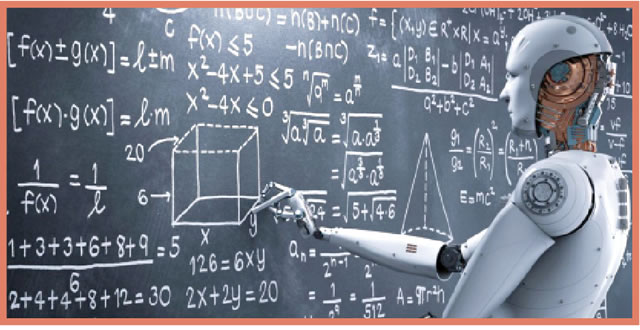EDUCATION

EXPERTS ATTRIBUTE STUDENTS’ POOR ACADEMIC PERFORMANCE TO AI MISUSE AND SOCIAL MEDIA ADDICTION
Some education experts have criticized the misuse of Artificial Intelligence and social media—key components of the internet—highlighting that while they offer positive benefits, their abuse is contributing to declining academic performance and eroding the quality of education in Nigeria.
Speaking on Thursday in Abuja during interviews with the News Agency of Nigeria (NAN), the experts noted that excessive and improper use of social media has made students less focused and more academically complacent.
Sadiq Mohammed, an Associate Professor in the Department of Agricultural and Bio-resources Engineering at the Federal University of Technology, Minna, stated that social media has also fueled a rise in examination malpractice among students.
Mohammed said that social media, Artificial Intelligence, other emerging technologies, though meant to help developing the societies were being misused, particularly in the education sector.
“With the way our education sector is going, we seem doomed because many students go to magic centres to write their examinations.
“You see a lot of them leaving the city centres to villages where pre-answered scripts will be passed around in exams halls.
“You realise that they gain admission into the university with fantastic results but along the line they find it difficult to measure up.
“With the coming of AI, most students now relax, they spend more time on their phones, using different applications to write examination,’’ he said.
According to him, the government needs to empower the education sector on how to checkmate the misuse of AI by students.
Mohammed said that there was a need to implement measures that will guarantee the integrity of the education system.
He said this could be done by scrutinising research papers and addressing the prevailing challenge of copy-and-paste.
He called for an education system that would instil academic discipline among learners.
Judy Eke, a retired principal said that it was unfortunate that many parents were encouraging their wards to indulge in examinations malpractice through the social media.
She said in some instances parents finance such anti-academic behaviour and even provide data for their wards to access the internet for the purpose of exam fraud.
“Parents too are helping to spoil the children by giving them money to go and register for examinations in faraway villages.
“It is so bad that even the educated ones get machineries to write exams for their children.
“These practices are not helping the students; they no longer have value hard work.
“Social media generally is helping to avoid hard work. They believe that every answer that comes from the internet correct,’’ Eke said.
She added that a situation whereby emphasis was placed more on academic qualification and grades instead of capability was encouraging reliance on the internet to perpetrate exam malpractices.
Eke said it was time for the government to declare a state of emergency on the education sector.
Adebayo Olawole, a teacher, said that the social media had created access to information, learning opportunities, global connectivity but was also a source of distraction for many students.
According to him, many social media contents misinform the public, especially students.
He said addiction to social media was also affecting students’ performance in both internal and external exams.
“Students spend up to four hours online yet struggle to commit 30 minutes to their books.
“This is unlike in the past, when students were more focused. Today’s youth are more interested in social media trends than in their education,’ he said.
Olawole added that social media had encouraged cybercrime, exposed the young people to immoral behaviour and urged the authorities to regulate the social media space.
“The educational sector should also help in encouraging students to study the hard copy instead of the soft copy because students, no longer study their books; they rely more on the internet.
“You see teachers give students assignment that ordinarily should be done with the aid of the textbook, but you see them going on internet, making use of AI to do the assignments,’’ he said.
"This represents a significant development in our ongoing coverage of current events."— Editorial Board









